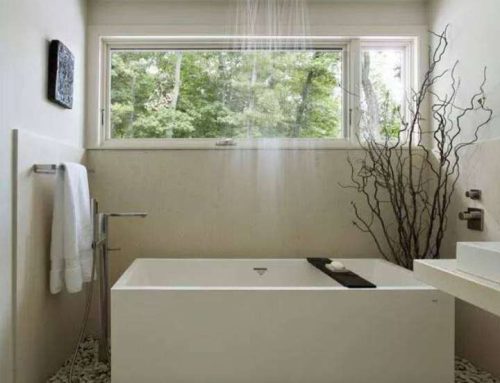Plumbing leaks are not only wasteful but can also cause significant damage to your home if left untreated. Detecting leaks early and implementing preventive measures can save you money, water, and the headache of extensive repairs. In this blog post, we’ll guide you through effective ways to detect and prevent plumbing leaks, ensuring the integrity of your plumbing system and the safety of your home.
1. Regular Inspection:
Perform routine checks of your plumbing system, including faucets, pipes, and connections. Look for signs of moisture, corrosion, or water stains, which can indicate the presence of a leak.
2. Monitor Water Meter:
For an easy way to detect hidden leaks, record your water meter reading before going to bed and check it again in the morning before any water is used. If the reading has changed, you likely have a leak.
3. Watch for Unexplained Water Usage:
If your water bill suddenly increases without a corresponding change in water usage, it’s a clear sign of a potential leak. Investigate the cause promptly.
4. Check Toilet Tanks:
Toilet leaks are common and often silent. Place a few drops of food coloring in the toilet tank; if the color appears in the bowl without flushing, you have a leak that needs attention.
5. Listen for Dripping Sounds:
In a quiet room, listen for the sound of dripping water. Even a small, slow leak can create an audible drip that can help you locate the source.
6. Use Moisture Sensors:
Moisture sensors placed near appliances, under sinks, and in basements can provide early alerts if they detect moisture, allowing you to address leaks before they escalate.
7. Preventive Measures:
While detection is crucial, prevention plays a significant role in avoiding leaks:
Regular Maintenance: Have a professional inspect your plumbing system periodically to identify potential issues before they worsen.
Avoid Harsh Chemicals: Chemical drain cleaners can corrode pipes, increasing the risk of leaks. Use natural alternatives or consult a plumber for safe solutions.
Mindful Landscaping: Don’t plant trees or shrubs with aggressive root systems near your plumbing lines, as their roots can cause damage and leaks.
Proper Installation: Ensure fixtures, pipes, and connections are properly installed to prevent leaks due to poor workmanship.
8. Act Swiftly: If you detect a leak, take immediate action:
Turn Off Water: Shut off the water supply to the affected area to prevent further damage.
Contain the Leak: Use buckets, towels, or containers to catch leaking water and minimize damage.
Call a Professional: Reach out to a trusted plumber like Brogdon Plumbing Company to assess and repair the leak professionally.
Detecting and preventing plumbing leaks requires vigilance and a proactive approach. By regularly inspecting your plumbing, using technology to your advantage, and taking preventive measures, you can identify leaks early and minimize their impact. Remember that swift action is key when leaks are discovered – the sooner you address them, the less damage they’ll cause. With these tips in mind, you can maintain a leak-free home and ensure the longevity of your plumbing system.





